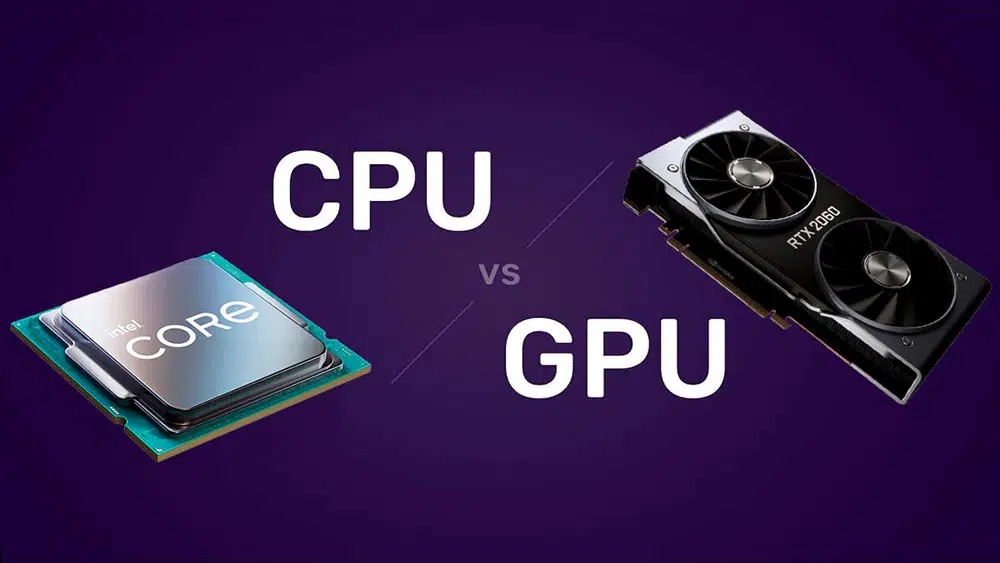When building a gaming PC, understanding the roles and differences between the GPU (Graphics Processing Unit) and CPU (Central Processing Unit) is critical. Both components are essential for a smooth gaming experience but excel in different aspects of game performance. Here’s a detailed comparison to help determine which is more important for your needs.
The Role of the GPU in Gaming
The GPU is designed to handle parallel processing tasks, making it indispensable for rendering high-quality graphics and managing complex visual effects. Modern GPUs are equipped with thousands of cores that allow them to process massive amounts of data simultaneously, making them ideal for tasks like ray tracing, texture rendering, and lighting calculations.
Advantages of GPUs for Gaming:
- High Performance: GPUs are optimized for rendering, delivering stunning visuals and smooth frame rates in graphically intensive games. Advanced features like ray tracing and DLSS (Deep Learning Super Sampling) further enhance performance.
- Faster Rendering: Tasks like 4K or VR gaming demand a GPU capable of handling immense graphical loads efficiently.
- Future-Proofing: High-end GPUs, such as NVIDIA’s RTX 4070 Ti or AMD’s Radeon RX 6800 XT, are built to support upcoming gaming technologies
The Role of the CPU in Gaming
The CPU acts as the brain of your system, executing game logic, managing AI behavior, and processing input/output operations. While the GPU handles visuals, the CPU ensures the game runs smoothly by coordinating all other processes.
Advantages of CPUs for Gaming:
- Game Logic and AI: CPUs handle tasks that require sequential processing, such as NPC behavior or physics simulations, ensuring the game operates cohesively.
- Multitasking: If you’re streaming, recording, or running background applications while gaming, a strong CPU ensures minimal performance loss.
- Compatibility: Some games, particularly simulation and strategy titles, rely more on the CPU than the GPU due to their complex algorithms
When to Prioritize a GPU
Graphics-Intensive Games: Titles like Cyberpunk 2077 or Red Dead Redemption 2 demand high-end GPUs for optimal performance.
High Resolution/Refresh Rates: Gamers targeting 4K resolution or 144Hz monitors will benefit more from a powerful GPU.
Virtual Reality: VR experiences require significant graphical power for smooth, immersive gameplay.
When to Prioritize a CPU
CPU-Dependent Games: Games like Cities: Skylines or Civilization VI, which involve heavy AI calculations, will benefit from a stronger CPU.
Multitasking: If your gaming rig also doubles as a workstation, a robust CPU is essential for handling diverse tasks.
Balanced Builds
For most gamers, a balance between CPU and GPU is ideal. Pairing a mid-range GPU like the NVIDIA RTX 4060 with a capable CPU such as the AMD Ryzen 5 7600 ensures excellent gaming performance without overspending. Bottlenecking occurs when one component significantly outperforms the other, so matching their capabilities is crucial.
While both the GPU and CPU are vital for gaming, the GPU generally takes precedence in modern gaming setups due to its role in rendering and visual performance. However, the CPU’s importance cannot be understated, especially for multitasking or CPU-intensive games. Your choice should reflect your gaming preferences, resolution goals, and additional tasks you expect your system to handle.

